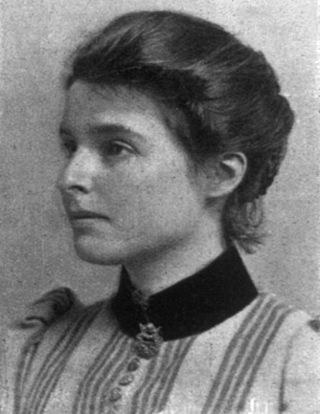
Martha Beatrice Webb, Baroness Passfield, was an English sociologist, economist, feminist and social reformer. She was among the founders of the London School of Economics and played a crucial role in forming the Fabian Society. Additionally, she authored several popular books, with her most notable being The Co-operative Movement in Great Britain and Industrial Democracy, co-authored by her husband Sidney Webb, where she coined the term "collective bargaining" as a way to discuss the negotiation process between an employer and a labor union. As a feminist and social reformer, she criticised the exclusion of women from various occupations as well as campaigning for the unionisation of female workers, pushing for legislation that allowed for better hours and conditions.

Annie Besant was a British socialist, theosophist, freemason, women's rights and Home Rule activist, educationist and campaigner for Indian nationalism. She was an ardent supporter of both Irish and Indian self-rule. She became the first female president of the Indian National Congress in 1917.

George Jacob Holyoake was an English secularist, co-operator and newspaper editor. He coined the terms secularism in 1851 and "jingoism" in 1878. He edited a secularist paper, the Reasoner, from 1846 to June 1861, and a co-operative one, The English Leader, in 1864–1867.

Bishopsgate Institute is a cultural institute in the Bishopsgate area of the City of London, located in the East End of London near Spitalfields and Shoreditch. The institute was established in 1895. It offers a cultural events programme, courses for adults, historic library and archive collections, and a community programme.
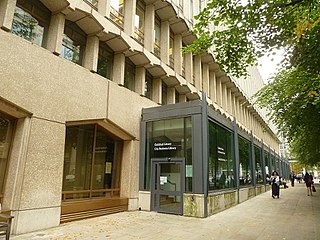
The Guildhall Library is a public reference library in London, England, specialising in subjects relevant to London and its history. It is administered by the Corporation of London, the government of the City of London, which is the historical heart of London. The collection has its greatest depth on topics specifically concerned with the City, but also contains much material on other parts of metropolitan London.

The Kate Sharpley Library is a library dedicated to anarchist texts and history. Started in 1979 and reorganized in 1991, it currently holds around ten thousand English language volumes, pamphlets and periodicals in its archive.

The Modern Records Centre (MRC) is the specialist archive service of the University of Warwick in Coventry, England, located adjacent to the Central Campus Library. It was established in October 1973 and holds the world's largest archive collection on British industrial relations, as well as archives relating to many other aspects of British social, political and economic history.
The Tamiment Library is a research library at New York University that documents radical and left history, with strengths in the histories of communism, socialism, anarchism, the New Left, the Civil Rights Movement, and utopian experiments. The Robert F. Wagner Archives, which is also housed in Bobst Library at NYU, documents American labor history. Together the two units form an important center for scholarly research on labor and the left.

The Hall–Carpenter Archives (HCA), founded in 1982, are the largest source for the study of gay activism in Britain, following the publication of the Wolfenden Report in 1957. The archives are named after the authors Marguerite Radclyffe Hall (1880–1943) and Edward Carpenter (1844–1929). They are housed at the London School of Economics, at Bishopsgate Library –, and in the British Library.

The Working Class Movement Library (WCML) is a collection of English language books, periodicals, pamphlets, archives and artefacts, relating to the development of the political and cultural institutions of the working class created by the Industrial Revolution, in Salford, Greater Manchester, England.
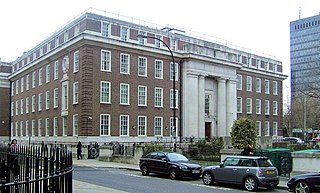
Friends House is a multi-use building at 173 Euston Road in London, England. The building houses the central offices of British Quakers and a conference centre. The building is also the principal venue for North West London Meeting and the Britain Yearly Meeting.
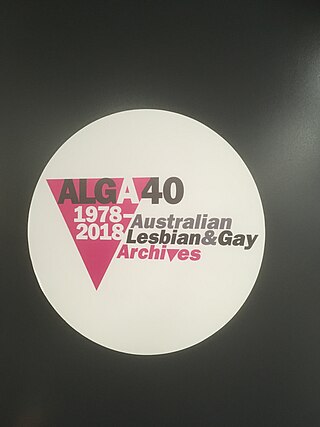
The Australian Queer Archives (AQuA) is a community-based non-profit organisation committed to the collection, preservation and celebration of material reflecting the lives and experiences of lesbian, gay, bisexual, transgender and intersex LGBTI Australians. It is located in Melbourne. The Archives was established as an initiative of the 4th National Homosexual Conference, Sydney, August 1978, drawing on the previous work of founding President Graham Carbery. Since its establishment the collection has grown to over 200,000 items, constituting the largest and most significant collection of material relating to LGBT Australians and the largest collection of LGBT material in Australia, and the most prominent research centre for gay, lesbian, bisexual, trans and intersex history in Australia.
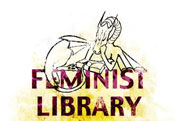
The Feminist Library is a special collection and archive of materials related to feminist literature and activism in London and the wider UK, including books, poetry pamphlets, and periodicals. Since 2020, the library is located in the Sojourner Truth Community Centre, Peckham, Southwark, South London.
Historypin was a digital, user-generated archive of historical photos, videos, audio recordings and personal recollections. Users were able to use the location and date of their content to "pin" it to Google Maps. Where Google Street View was available, users could overlay historical photographs and compare it with the contemporary location.

The National Co-operative Archive, located in Holyoake House, Manchester, UK, is home to collections relating to the history of the co-operative movement, that provide an unrivaled resource for the understanding of the co-operative movement from its initial ideas of the nineteenth century to the present day. The archive includes manuscripts, rare books, periodicals, films, photographs and oral histories. The archive is run by the Co-operative Heritage Trust, which also operates the Rochdale Pioneers Museum.
Charles William Frederick Goss (1864–1946) was an English librarian, polemicist and cataloguing innovator. He worked in English public libraries at the turn of, and the early, twentieth century, and was prominent among opponents of open access libraries in the UK.
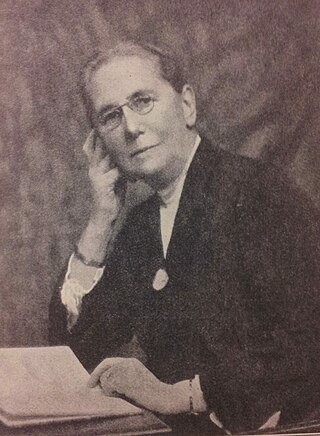
Hypatia Bradlaugh Bonner was a British peace activist, author, atheist and freethinker, and the daughter of Charles Bradlaugh.
The LGBT community in London is one of the largest within Europe. LGBT culture of London, England, is centred on Old Compton Street in Soho. There are also LGBT pubs and restaurants across London in Haggerston, Dalston and Vauxhall.
Watts & Co. was a British publishing house which aimed to promote rationalism and secular education and "publish free thought books at affordable prices". The firm had a close relationship with the Rationalist Press Association and many of books it published were imprinted "Issued for the Rationalist Press Association Limited".

The Museum of Transology (MoT) is a collection of objects and community archive representing the lives of transgender, non-binary and intersex people, curated by its founder E-J Scott. It is one of the first known collections of transgender artifacts, and as of 2019, it was the world’s largest collection of material culture relating to transgender lives. It has appeared in exhibitions and holdings at the London College of Fashion, Brighton Museum & Art Gallery, the Bishopsgate Institute, the Whitechapel Gallery, and the Barbican Centre.
















